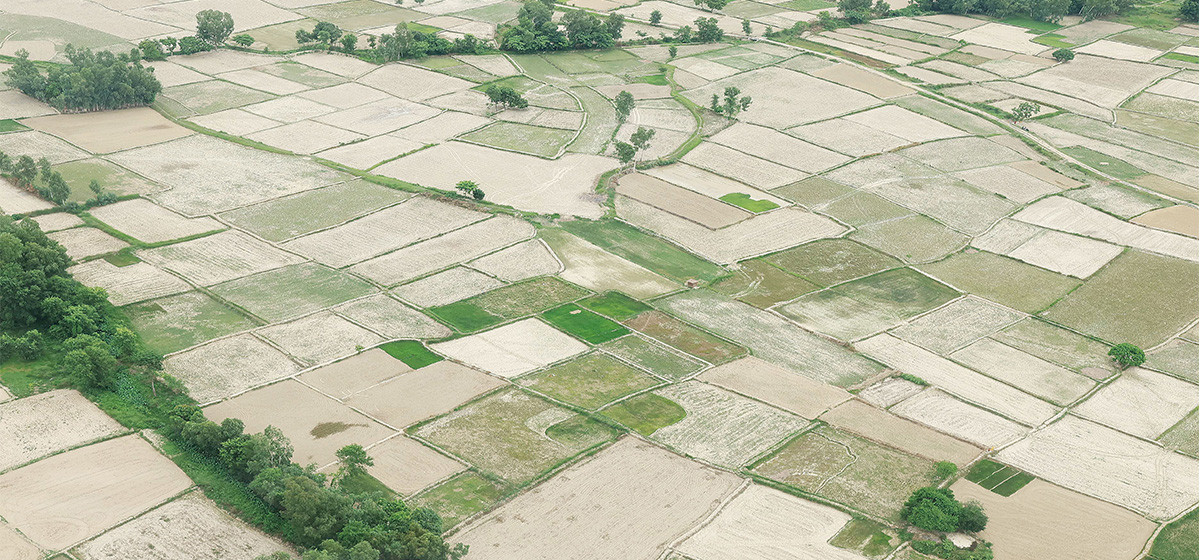KATHMANDU, Jan 2: The Millennium Challenge Corporation (MCC) Board of Directors has approved an additional $50 million in funding for the Nepal Compact, bringing the total Compact value to $747 million. The additional funding will cover increased costs associated with the Compact's Electricity Transmission Project, ensuring the successful implementation of the project.
In a statement, the MCC emphasized that the Board's decision underscores the shared commitment between MCC and the Government of Nepal to advancing Nepal's development priorities through transformative, high-quality infrastructure projects. "The additional funding reaffirms our mutual dedication to ensuring the Compact's success in strengthening Nepal's electricity grid and supporting long-term economic growth," said Cameron Alford, MCC Vice President of Compact Operations.
A notice published by the US Federal Register regarding the First Amendment to the Compact with Nepal states that representatives of the Nepal and US governments are expected to finalize the amendment in January 2025. The amendment was made under the provisions of the Millennium Challenge Act of 2003.
Food crisis looms large as drought hits Madhesh districts

Nepal and the United States signed the MCC Compact on September 14, 2017. The Compact came into force on August 30, 2023. The Compact aims to increase domestic electricity consumption by improving the availability and reliability of electricity in Nepal's grid, expand and strengthen Nepal's high-voltage electricity transmission network to support new hydropower investments, and facilitate increased power trade between Nepal and India.
Additionally, the Compact aims to maintain road quality across Nepal's strategic road network through the Road Maintenance Project.
Although the Compact was signed in 2017, it did not take effect until 2023. The additional funding has been attributed to the prolonged delay between the signing and implementation of the Compact, as well as global inflationary pressures resulting from the COVID-19 pandemic, which caused significant cost escalations for the Electricity Transmission Project.
Furthermore, procurement for the construction of the electricity transmission line was not initiated until September 2023. The bids received during this process reflected costs substantially higher than the original estimates, leading to a failed procurement. Despite identifying potential cost reductions for re-procurement, MCC anticipates that the cost of the transmission line will continue to exceed the projected budget.
"Providing additional assistance under the Compact to support the Electricity Transmission Project will enable the successful implementation of the Compact's objectives regarding electricity reform. Specifically, the additional MCC funding is necessary for the accountable entity to sign contracts for the transmission line work once re-procurement is complete, ensuring timely execution and maximizing the remaining implementation period without further delays," the notice stated.
The additional funding is also expected to preserve an adequate contingency fund within the Compact to accommodate any operational adjustments necessary during construction. The economic rate of return for the Electricity Transmission Project remains above 10 percent, demonstrating that, even with cost escalations, this remains a highly viable and impactful project.
Established in 2004, MCC-- an independent U.S. government development agency working to reduce global poverty through economic growth-- provides time-limited grants that pair investments in infrastructure with policy and institutional reforms to countries meeting rigorous standards for good governance, anti-corruption efforts and respect for democratic rights.





































